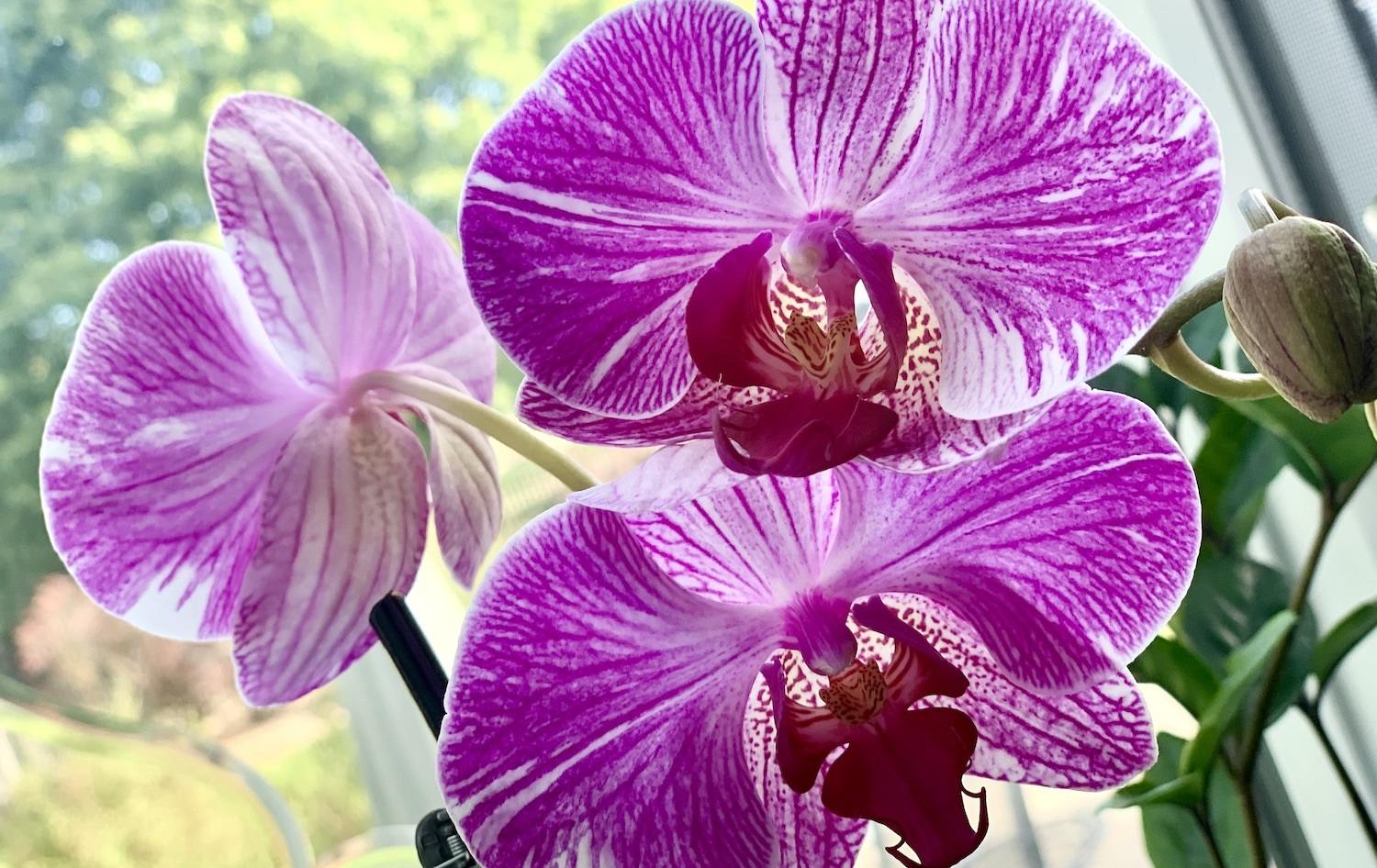Software gardening and death
March 3, 2021
March 3, 2021

This is grandpa's orchid. Grandpa was an avid gardener, and he kept a batch of lively orchids in his basement. When he passed away a few years ago, most of them didn't survive in his absence. We retrieved this one, and now we take care of it.
Software is a bit like this house plant: its wellbeing depends on the folks who constantly tend it. Without us around, it gradually erodes.
The app Weather Line recently announced it'll shut down soon, after 9 years of service. Some customers who recently purchased lifetime subscriptions are upset, because they only got a few months or years of use out of it.
But in software, “lifetime” doesn’t mean a human lifetime, or even the lifetime of a whole business. It only represents the creator's commitment to tending something.
When you buy a lifetime subscription, you’re buying into someone’s garden. They’ll keep sending you radishes as long as they’re in the dirt. Hopefully for a good long while, but who knows.
When you think about it this way, software is not such a technical thing. It’s a human thing. Buying an app is also buying a relationship with the people who make it.
When modern software dies, it leaves no trace. It's fully gone, obliterated from existence entirely. Folks usually react to the death of software like a bad breakup, with pain, shock, anger, and overreaction. “That software I used for 5 years, and those people who made it, they’re over! Screw them! I’m switching apps right now.”
These aren’t just lost apps and deleted bits. They’re also lost relationships. Human connections permanently severed. It’s surprisingly emotional, and stings for a while.
This also explains why people mourn dead software, long after it’s gone. Google Reader is still sorely missed. The loss of Rdio cuts deep for a legion of devotees (myself included.) Not just because these tools were unique and empowering, but because the people who made them imbued their creativity and thoughtfulness directly into the products. The soul and energy is irreplaceable. You can’t just switch to an alternative and recreate that.
Sometimes, thinking about the end of things helps you reflect on what you’re taking for granted. That’s why I wrote this post. There are a lot of great people making beautiful things and tending their gardens. And we’re amazingly fortunate to have access to more of those than any other time in human history.
Keep on gardening, and cherish your friendly gardeners. 🌸
Want to get new posts by email?
Subscribe to my newsletter: